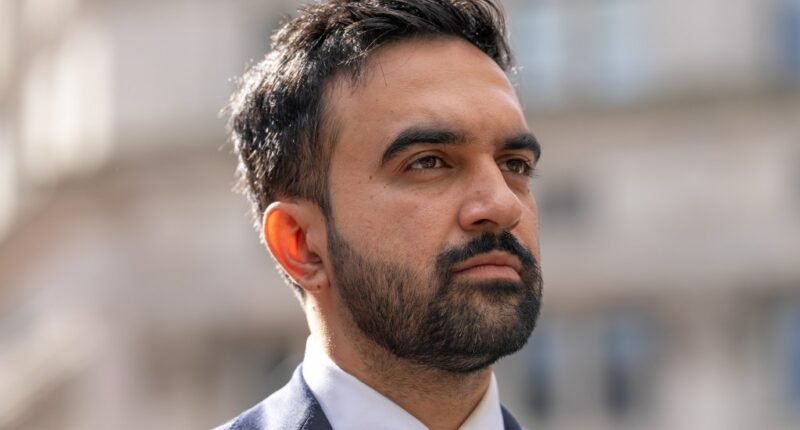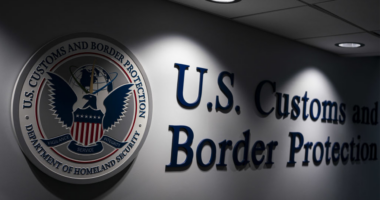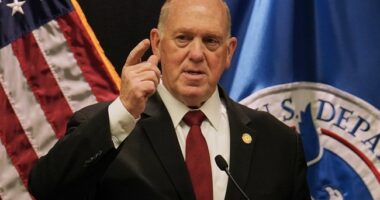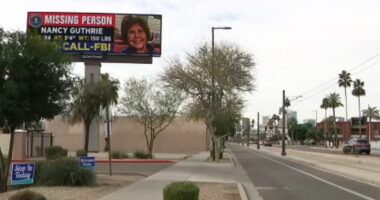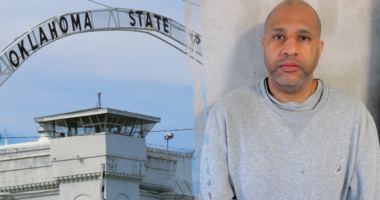Share this @internewscast.com

American Jews today are at a crossroads, contemplating the direction their collective future should take. For some, the intertwining of Judaism and Zionism is a fundamental truth, and any challenge to this notion is viewed as antisemitic. Others, however, propose a different perspective, one grounded in the rich tapestry of Jewish history that resists merging Judaism with nationalism. They argue against the idea of a unified Jewish stance on this complex issue.
This debate is far from new. Since Zionism’s inception, anti-Zionism has also existed. The American Council for Judaism, established in 1942, has long upheld this tradition. It reflects what was once the predominant view within the Reform movement: Jewish identity, ethics, and community are independent of nationalism and thrive most in free, democratic societies.
Currently, the organization’s leadership anchors their beliefs in the ethical teachings of the Torah, which assert that all humans are created b’tzelem elohim, or in the divine image, making the protection of human dignity a sacred duty. This perspective motivates many Jews, including the organization’s board, to advocate for an end to Israel’s military actions in Gaza, particularly as the conflict persists despite claims of a ceasefire.
Last week’s “Rabbinic Call”, which aimed to malign Zohran Mamdani by citing Rabbis Ammiel Hirsch and Elliot Cosgrove, was far from neutral. It represented a political move to suppress diversity of thought on Israel and to define the limits of acceptable discussion within Democratic Party circles.
Such authoritarian tactics—attempting to bind Jewish identity to allegiance to another nation—contradict the Jewish tradition of open debate and democratic engagement. It erroneously equates Zionism, a modern nationalist ideology, with the Torah, the foundational element of Judaism, and mirrors antisemitic stereotypes that pigeonhole all Jews as a monolithic political entity aligned with Israel.
In New York, Jewish voices are diverse and varied. Many strongly back Zohran Mamdani, as evidenced by the Jews for Zohran movement. Prominent figures like Brad Lander, the New York City comptroller, and the highest-ranking Jewish official in the city, have expressed support for Mamdani. Similarly, Jerry Nadler, the most senior Jewish member of the House of Representatives, has also offered his endorsement.
A growing number of Jews believe that our dignity and safety do not depend on a foreign state but on building an inclusive, multiracial democratic society here at home.
The “Rabbinic Call” represents a shrinking faction of institutional functionaries, not the broader community. Poll after poll shows that most Jews around the world, like our neighbors, are horrified by Israel’s ongoing campaign of genocide in Gaza and the escalating ethnic cleansing in the West Bank. Jewish participation in recent large scale demonstrations makes this even clearer: This is mainstream American Judaism.
Instead of reflecting that reality, the signatories have chosen to target a historic candidacy. By leading an unprecedented expansion of democratic participation, Mamdani is poised to make history as New York’s first Muslim and first South Asian mayor. His campaign has opened new political space in this city and beyond, space that many in the Jewish community have been working towards for generations. That is something to celebrate, a moment to say shehecheyanu.
There is a vibrant, contested debate within the Jewish community about how we understand our identity, our politics, our responsibilities, and our futures. There has never been a universal Jewish position on Zionism. There isn’t one now. The sooner we stop pretending there is, the freer we will be to build Jewish futures rooted in conscience, solidarity, and democracy.
Kahn, a rabbi, is the executive director of the American Council for Judaism.
